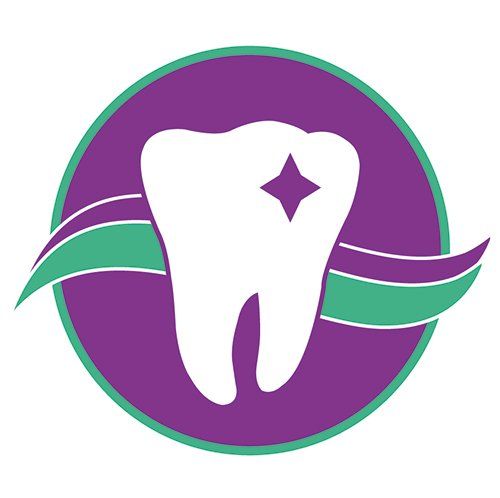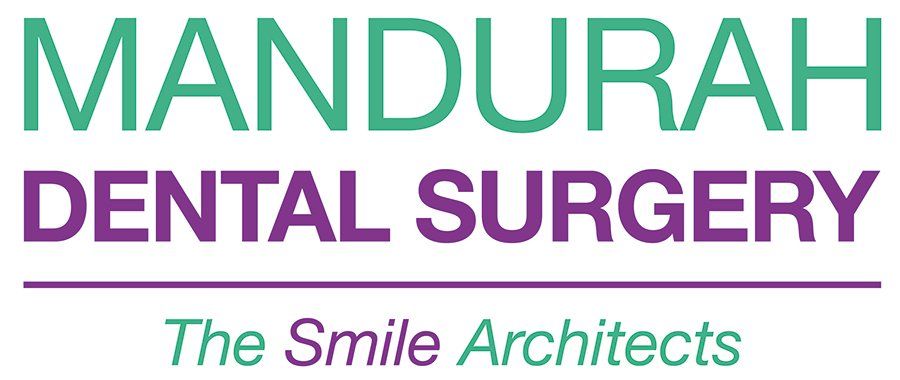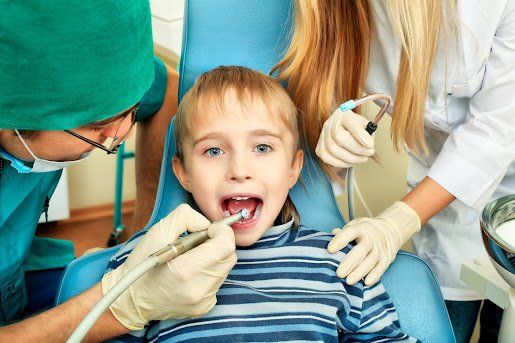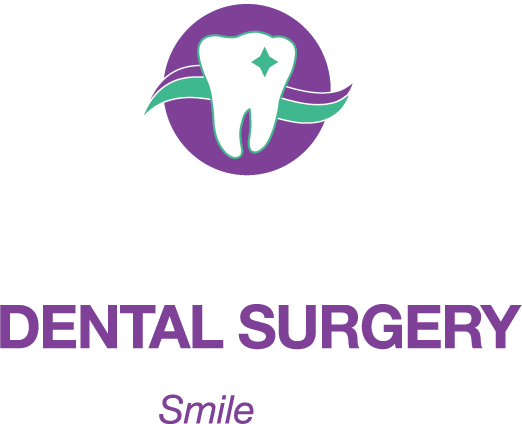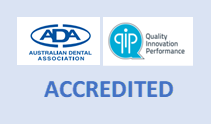Reasons to Consider Dental Surgery | Mandurah Dental Surgery
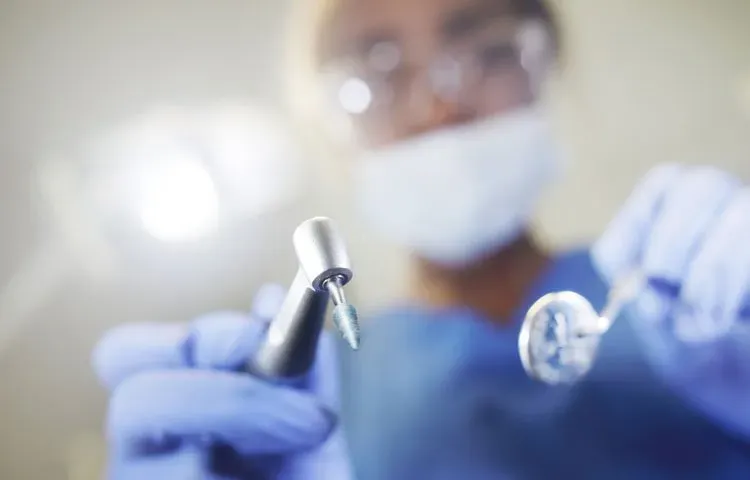
Dental appointments are essential in tracking your oral health and diagnosing dental problems early. A dentist might recommend several clinical procedures to rectify your dental health problems, including surgery. Dental surgery involves artificially changing your dentition by treating the teeth, jaw, gums and surrounding facial structures.
Surgery is an effective way to curb the spread of diseases, and it is also essential for conditions that do not respond appropriately to medication and other interventions. In addition, dental surgery is necessary for rectifying problems encountered during treatment, such as stuck or damaged teeth during extraction. This piece covers a few conditions treatable through dental surgery.
Gum disease
Gum disease is one of the common issues you may resolve through dental surgery. This condition has symptoms such as bad breath, bleeding in your gums, puffy gums and tenderness when you touch the gum. You may also develop pusses between gums and teeth. The main causes include genetic predisposition, plaque, smoking, hormonal changes, poor nutrition and prescription pills.
Periodontal surgery is an effective way to cure gum disease. The surgeons make minor cuts on the gum and lift some of the tissue. This process also involves removing the bacteria and tartar that form beneath the gums. Later, the surgeons suture back the tissue and leave the gums to heal. You should adhere to dietary and hygiene recommendations to ensure quick recovery after surgery.
Oral cancer
Some signs of oral cancer include sores in the mouth, red patches, and lumps. The sores do not heal, and you may experience pain in the mouth, loose teeth, painful swallowing and ear pain. Oral cancer can occur on the lips, in the upper mouth section and in the jaw, tongue or gums. Surgical procedures can help remove the cancerous tissue and prevent the spread of oral cancer.
Surgery helps target specific areas, and you may undergo reconstructive surgery to ensure that the affected area restores its function. In addition, you must make some lifestyle changes to reduce the chances of cancer recurrence. For example, minimize alcohol and tobacco usage. It would help if you also adopted excellent oral hygiene practices when recovering and after recovery.
Bone loss
Tooth extraction is a significant cause of bone loss in the jaw. The jaw bone relies on processes such as biting and chewing to remain robust and prevent deterioration. However, the removal of teeth without replacing them causes continuous deterioration of the jaw bone. Early signs include poor lip function, difficulty in speech, altered bite and facial structure and pain when eating.
A weakened jawbone may not support teeth implantsand other dental procedures. Different surgical procedures can help you treat this bone loss. For example, the surgeon might use a bone graft. The bone graft comes from your body, or they may use a synthetic one. This procedure is essential in areas where bone loss impacts your teeth and gums.
Trauma from an accident
Accidents can have painful effects on your teeth, including bone fractures, lesions, and tooth loss. The best way to diagnose the full extent of the damage is to visit a dentist. Dentists examine the affected area and recommend various oral treatments, which may include surgery. Therefore, see a dentist if your car or workplace accident causes you pain in the mouth or jaw.
If you’ve lost teeth due to your accident, a dental implant procedure is a common surgical treatment. This procedure helps prevent jaw bone loss and restores chewing ability and appearance. Dental implants are superior to other methods, such as dentures. The implants are easy to maintain and have no impact on your speech or appearance.
Dental surgery is an effective way of treating different oral health issues. At Mandurah Dental Surgery , we diagnose, treat and help you recover from conditions that warrant surgery. Contact us today to make an appointment.

